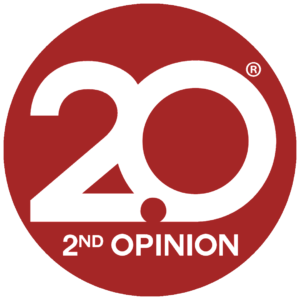Solutions to Bridge Gaps as Schools Prepare for Face-to-Face.
Several public and private schools have opened their doors to students earlier this year. This accounts for 25.61% of 23,230,898 enrollees in public schools and with only 5.47% of the total number of enrollees in private schools, as stated by Former DepEd Secretary Leonor Briones. This coming August, many more schools in the country are eyeing to implement the return of face-to-face classes.
While this presents a progress away from the pandemic, it also imposes many challenges not only on safety provisions but also the struggles in learning gaps for students and how teachers and schools must adapt to this change.
Foregrounding the Core Issue
Inconsistencies between what a student knows and what he or she should have known by a specific point in their education, are known as learning gaps. When COVID hit, students were forced to immediately adapt to online classes. The past two years brought about heightened concerns for the gaps experienced by learners.
Now with the incoming shift back to face-to-face, this can once more affect students’ abilities to optimally learn particularly for those experiencing learning gaps.
To make face-to-face classes work, there is a need to extensively prepare students so that they can cope with the pacing for their new lessons in their respective grade levels.
A survey by SEQuRe Education in March revealed that the implementation approaches for in-classroom learning were decentralized and dependent on how schools would execute these.
A Call-to-Action for a Better Face-to-Face
Earlier this June, the Department of Education launched its Basic Education Development Plan (BEDP) 2030 in hopes of alleviating the problems left by the pandemic. The first phase of the program includes addressing access gaps and streamlining different key areas of educational development for students such as reading and numeracy.
The BEDP 2030 initiated by DepEd would need to have micropillars for it to become stabilized as a comprehensive system to improve educational processes. Schools would therefore need to work together to address students’ needs, also gaining a competitive edge to increase enrollment rates.
To accomplish this, students’ optimized access to learning opportunities must be prioritized. This includes being exposed to world-class E-learning content, assessments, and pedagogy. With these, students can master the competencies that are aligned with DepEd’s BEDP 2030.
In this light, public as well as private schools should highly consider reviewing, modifying, and improving their processes in bridging gaps and achieving their target competencies.
Teachers, on the other hand, also need support to reinforce their students’ learning by adapting to the dynamics of limited and full face-to-face classes, and increasing teaching effectiveness through new tools and teaching methodologies.

Shaping the Plans in Private Schools and Boosting Enrollment
The second phase for the BEDP 2030, entails applying different learning innovations and initiatives to support its sustainability. A great option and partner for schools to address these challenges is Frontlearners, Inc., an E-learning content and teaching solutions provider.
In its implementation of a free Bridging Program for Math, Science, and English over the academic break, Frontlearners, Inc. aims to assist schools and teachers to help their students gain the foundational knowledge to be ready for their next grade levels.
Besides offering effective E-learning tools, Frontlearners, Inc. also provides direct support to schools in helping teachers reinforce students’ competencies, and achieve international standards through proven effective methodologies aided by technology.
Through these, students can be better equipped and ready for the coming academic year in August and help private schools boost enrollment rates.
Traversing through a Better Philippine Educational Landscape
Frontlearners, Inc. helps schools latch on to the government’s long-term plan while they prepare teachers for effective teaching with a focus on maximizing educational competitiveness for students in the months ahead.
The key to success in navigating a fine-tuned Philippine educational environment lies within the commitment of different leaders and institutions for change in the system by providing students with access to quality education and refining teaching methods.
To learn more about Frontlearners, Inc. and how they can assist private schools to boost enrollments and drive student competencies, visit https://frontlearners.com.












